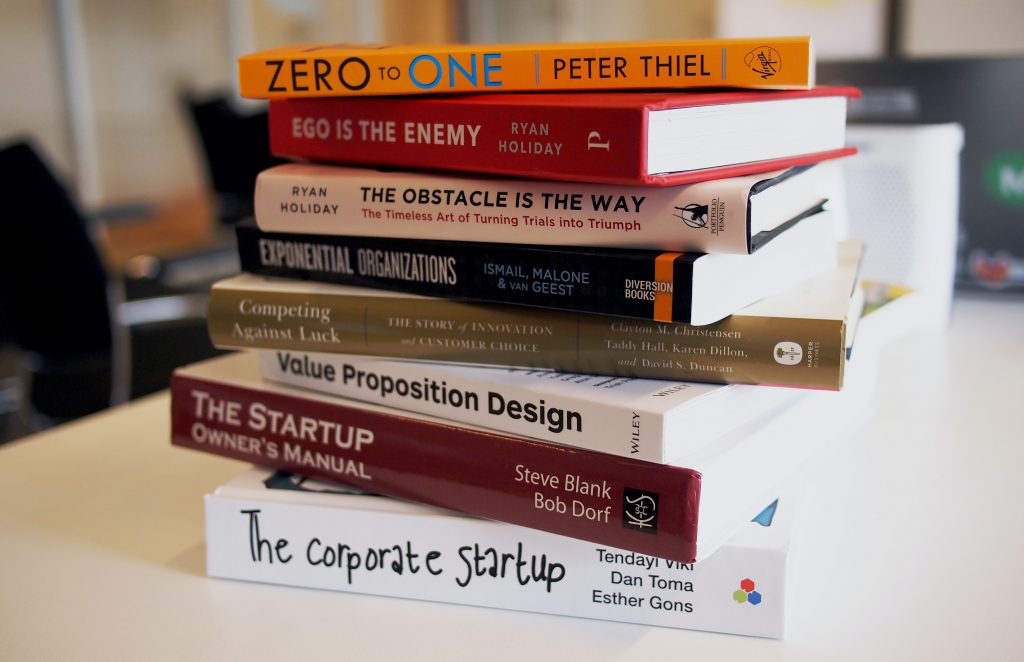In which order to start reading your booklist?
Three years ago I run into the question “What are the best sources to read on programming?”
No matter your field of expertise, you certainly have asked yourself the question: How do I best inform myself on topic X.
You can search for your answer on web pages and blogs. For many daily life questions like “What is the best way to cook an egg”, this is the way to go. But what about “I want to become the best manager in the world?”. Where do you find the answer to this question? Sometimes it is good to read a good old honest book.
Quickly, you will find books. Many books. In fact, after one hour you will have more books than you can read in one year.
Looking over your list of books, the question certainly arises “In which order to start reading?”.

Sunken cost
The issue you face is the following:
There is always a lack of time for the most interesting things in our life. Especially reading. In addition, starting a book, which turns out to be boring and useless is frustrating. You spent your time and energy on this book even though it gave nothing or little back to you.
This means the book selection process is almost as important as reading the book. At least if you want to go beyond skimming many books and not only read books on your chosen topic the entire day. Some people recommend Blinkist to get a first impression of the book. I advocate another process: Manage your booklist.
Managing your reading list
In the beginning, there is always the question of the start point.
The best method to answer “Where to start?” is a meta-search.
What is a meta-search, you may ask?
You ask a lot of people in which order you should read their booklist.
Ask your colleagues, ask your boss, friend, neighbor, gardener, you name it.
Every suggestion of a book gets a +1. You then rank all those answers and voila – you have done a meta-search and compiled your booklist.
To google or not to google
If you are new in a community or there seems to be no community, it may be hard to find the people, who know all the answers. Luckily you and I know a guy who has most of the answers. Google. “Best books on …” is usually a good phrase to start. The search results feature web pages with lists of books.
Once you have several such lists the process becomes simple.
Ask each list like you would ask a person.
List all the books and mark +1 for every time a book appears on a list.
The problem with google is its simple-mindedness of google.
Depending on the topic, there is no direct answer from google. The art is how to find interesting books via google.
Considering my original problem, programming books, there has been an evolution since I first searched. This question is so popular nowadays, that “what is the best book for programming” actually returns pretty good results. Piere de Wulf has automated the process:
https://www.daolf.com/posts/best-programming-books/
As of the time of writing this is the third-best result of the google search.
Digging through your reading list
Great now you have a nicely ordered list. You start and we see us in three years when you are finished? Not so fast. You should not blindly follow the lists.
Depending on your needs reading the list from top to bottom is not what you want. Usually, you have your very own taste on what you think is important. This means you still need to read the descriptions of the book and why each listed author thinks it is a good book.
Building your reading list is a process. While reading something you will stumble across new sources. As soon as the sources appear twice you can start ranking. Sometimes you get a book recommendation from a trusted source. It would be stupid to put this book at the very bottom of your reading list.
Happy Reading!
